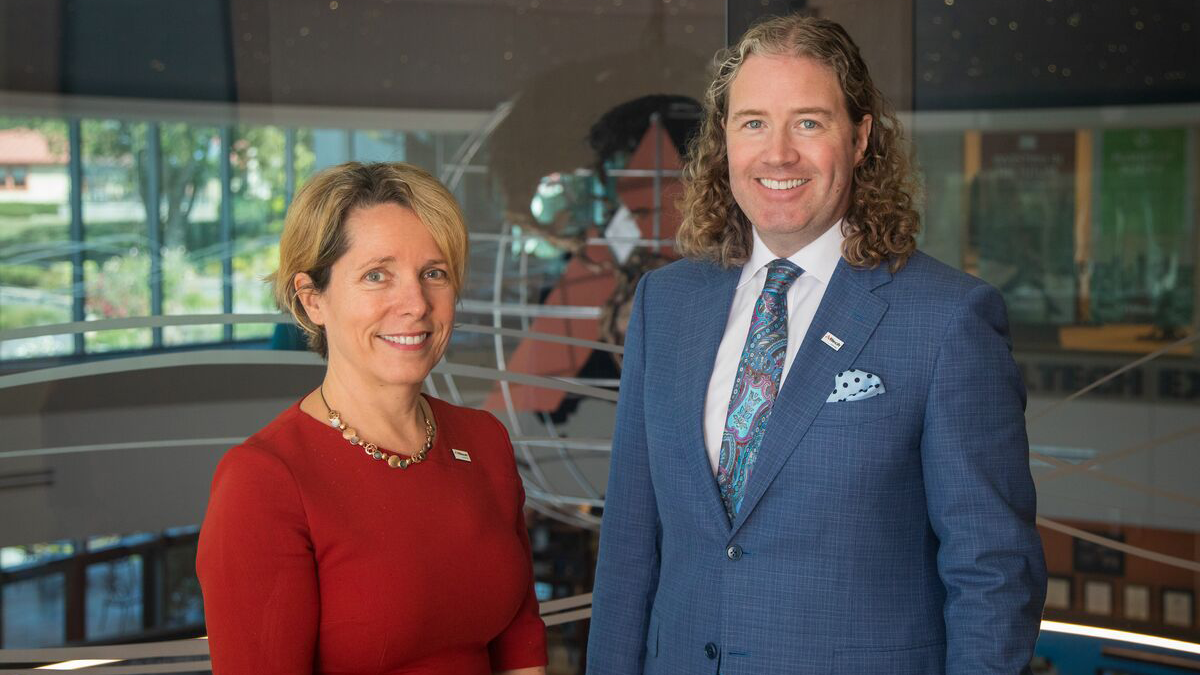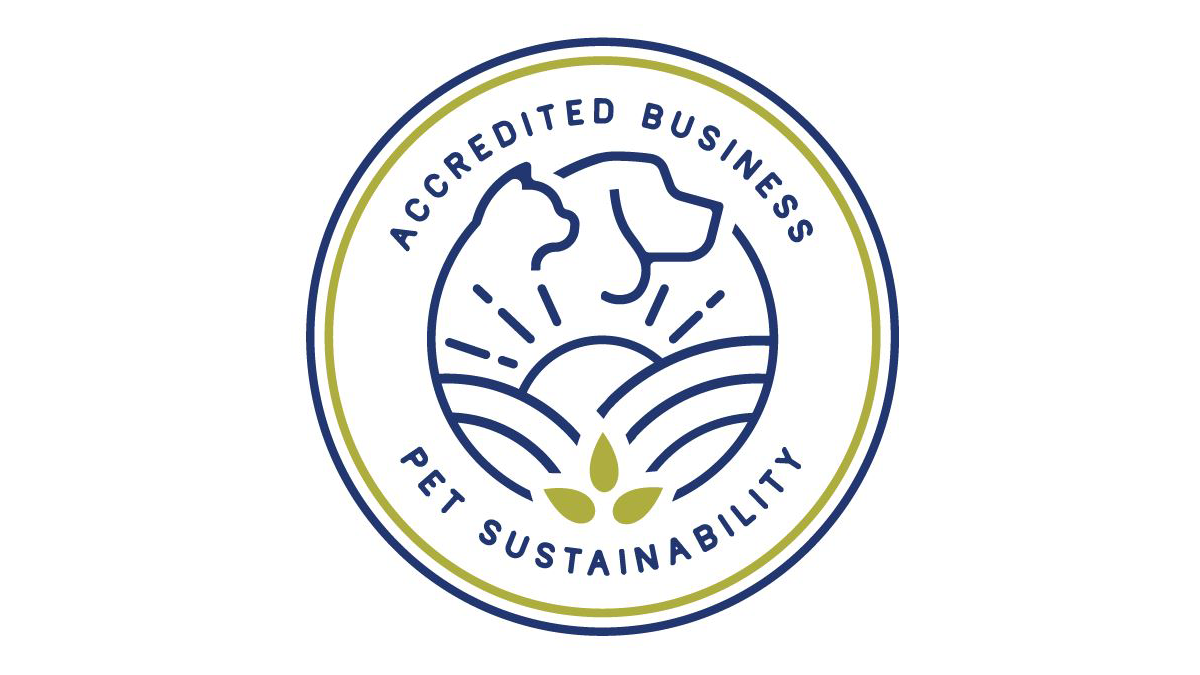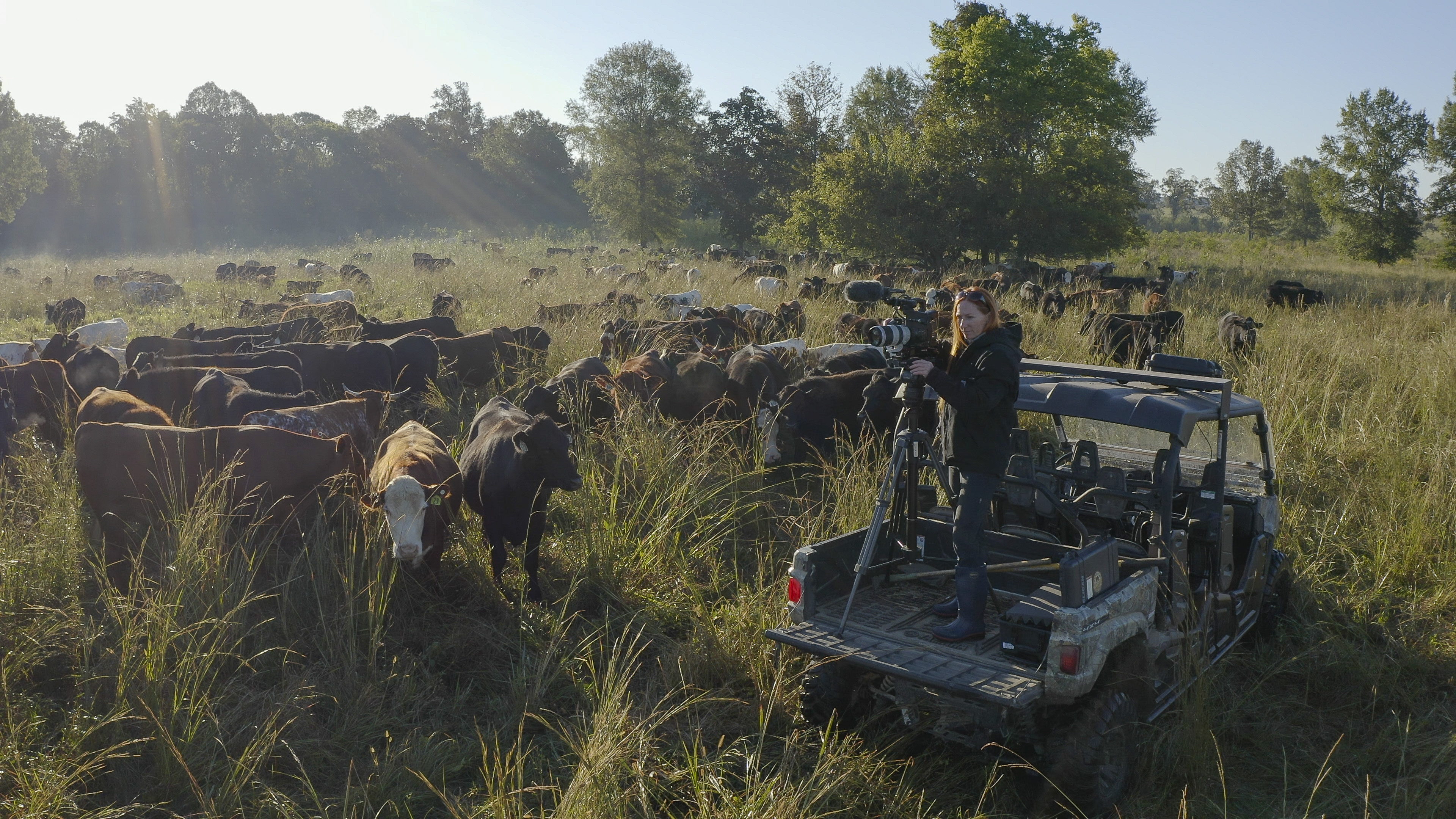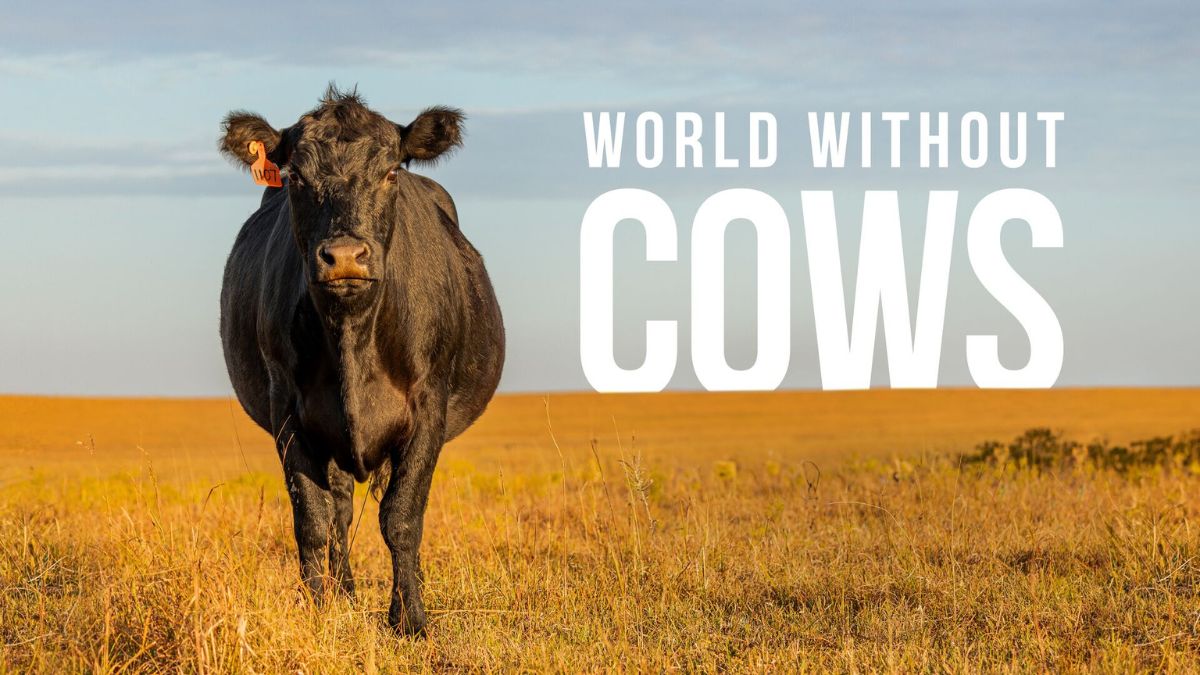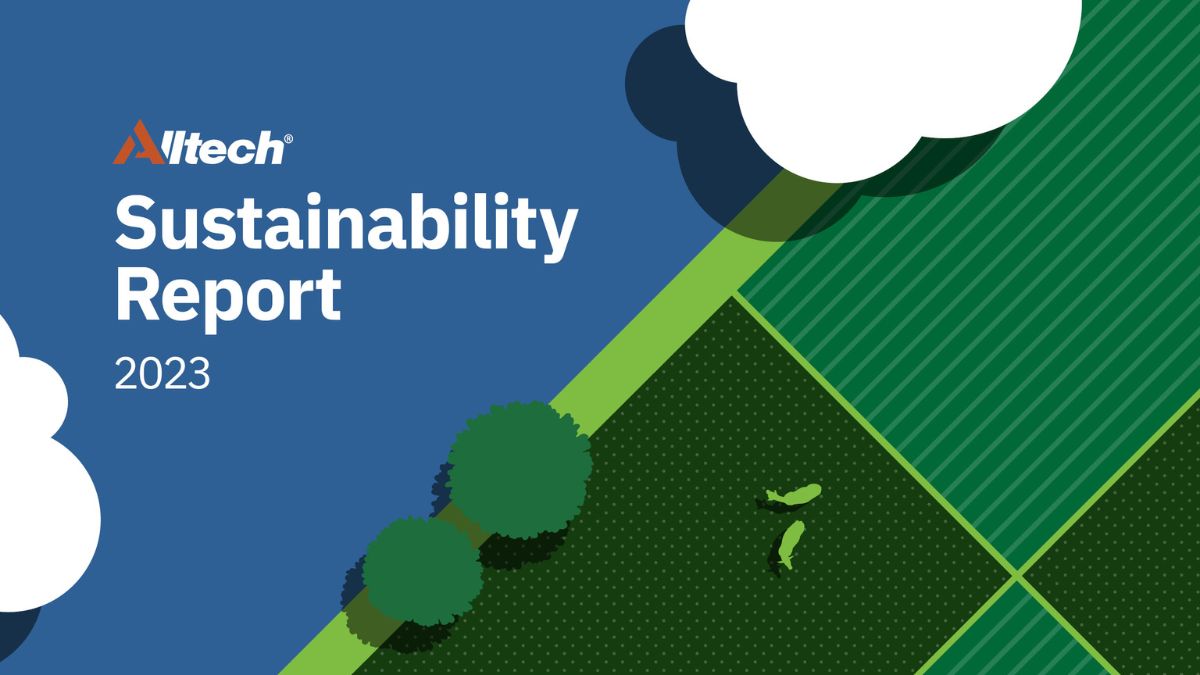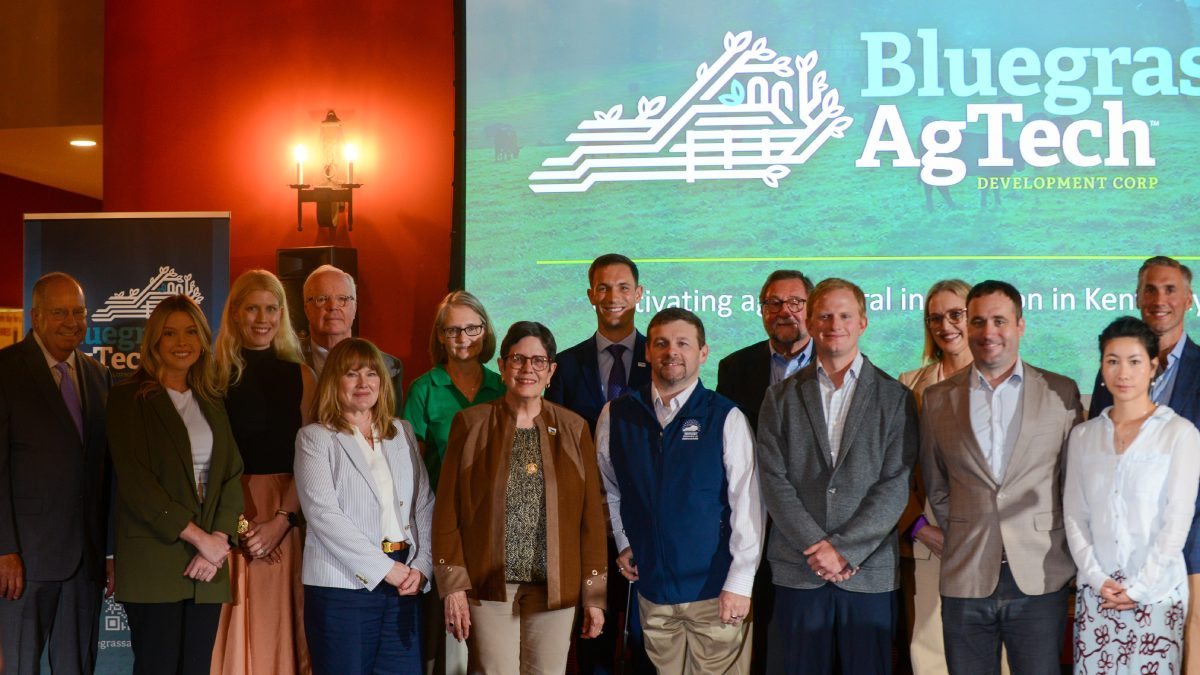The United Arab Emirates (UAE) is widely known for its petroleum reserves and the wealth they inject into the country’s economy — but even in an oil-dominated economy in a desert climate, agriculture plays a major role.
“Our region isn’t an agricultural powerhouse, but we have to build food systems to be able to be more resilient to ‘black-swan events,’” said Sheikh Dr. Majid Al Qassimi in a presentation at Alltech ONE Dubai — the most recent stop of the Alltech ONE World Tour — in late November.
His presentation explored the numerous ways the UAE is actively working to make its food and agriculture systems more sustainable, equitable and accessible. This topic was particularly relevant in light of the recent 2023 United Nations Climate Change Conference, also known as COP28, which was hosted by the UAE days after Alltech ONE Dubai.
“We are now in the spotlight,” Sheikh Dr. Al Qassimi said. “This year, our legacy as the UAE is to bring food systems as a theme to COP.”
Sheikh Dr. Al Qassimi is uniquely qualified to speak on the topics of food systems, agriculture and technology as the founding partner of Soma Mater, which promotes radical transparency across the food system in the UAE and works to facilitate conversations, empower the country’s producers, support sustainable importers and keep policymakers informed. Previously, he served in the UAE’s Ministry of Climate Change and Environment.
“What we do is help companies like yourselves shorten the critical path to making changes,” he said to the producers and industry representatives in attendance.
Thanks to his impressive career, he has seen firsthand how the UAE is working to improve its food and agriculture sectors.
“We’re fortunate to have a government that’s so proactive,” he said. “The challenge here is: How do we scale [the initiatives] the government has led and, ultimately, how do we get the industry to support them?”
Change from the top down: Federal ag agencies in the UAE
The United Arab Emirates formed in 1971 when seven separate emirates, or states, came together as one federation. Its 10 million people, like all people, depend on properly working agri-food systems for their health and well-being, and the government promotes sustainability, accessibility and ag-tech at all levels. While each emirate has its own authorities and offices, the UAE’s Ministry of Climate Change and Environment oversees agriculture as well, working to enhance food security while finding solutions to climate change.
“This is part of a 50-year legacy where food has been moving into a larger arena,” Sheikh Dr. Al Qassimi added. “What we [at Soma Mater] have started doing is helping the industry be in the room with the policymakers.”
Sustainable food production in the UAE
Sustainability is a hot topic across the agriculture industry due to its impact on both the environment and on a production’s bottom line, and it promises to become even more important in the future.
“We’re going to have consumers that want to see sustainability in all their products,” said Sheikh Dr. Al Qassimi. “And that’s a challenge for producers, for manufacturers, for processors. How do you communicate sustainability to the end user through your value chain?
“And have you started the work? Because in 10 or 20 years, there will be clients who will say, ‘I can’t really work with you because I can’t get the metrics I need to prove that sustainability to my customer. So, we’re going to either have to go with somebody else or you’re going to have to step up.’”
In line with its food security strategy, and as part of its commitment to the United Nations’ Sustainable Development Goals (SDGs), the UAE is working to reduce food waste by 50% by 2030. Both those in the government and on the ground know how imperative these efforts are for the future of the emirates and the planet.
“The industry is very organized [around this issue], and we’re trying to figure out how we get more efficient — not only for our bottom line but for the precious resources we work with in the natural world,” Sheikh Dr. Al Qassimi said.
One strategy being employed is the National Food Loss and Waste Initiative (ne’ma). Launched in 2022, this initiative encourages both public- and private-sector entities to promote responsible consumption.
“The ne’ma food waste initiative is a roadmap for the country on how we ensure that consumers are valuing what you are producing rather than buying it and throwing it away,” Sheikh Dr. Al Qassimi said. “[This is] a step back from this hyper-commoditization of products [to ensure that] any waste finds its way back into the food system rather than a landfill.”
While these efforts are moving the needle within the UAE, collaboration across borders is imperative as well. At COP26, the emirates launched a joint initiative with the U.S., known as the Agriculture Innovation Mission for Climate, or AIM. Through AIM, these two countries are addressing climate change and global hunger by boosting investments in climate-smart agriculture and food-systems innovation.
“AIM has [brought together] one of the largest ag producers in the world [the U.S.] and what, seemingly, is a small country with a very limited capability,” said Sheikh Dr. Al Qassimi. “This program was a way to raise this issue to the world and to say, ‘The agriculture industry globally will look like this if we don’t tackle [these issues].’”
Making food security a reality — and a priority
Food safety is another important issue in the UAE, for both the government and the industry.
“More and more, this region has had food security pushed up in its [list of] priorities,” said Sheikh Dr. Al Qassimi.
To address food security for all people, the UAE established the 1 Billion Meals initiative in 2020. Through this program, institutions, companies, entrepreneurs and individuals can donate meals to low-income families and other vulnerable groups around the world.
“The 1 Billion Meals initiative addresses waste so that this food that you’re all working so hard to produce doesn’t go into the landfill and does go to hungry mouths,” said Sheikh Dr. Al Qassimi. “It’s also addressing a matter of distribution — making sure that people can get to the food and the food can get to them — as one of the major definitions for food security is really accessibility.”
The Food Security Alliance is essential as well, ensuring through strategic partnerships and foreign investments the continuity of commodity supplies during crises. It includes large agricultural producers, government entities and non-governmental organizations (NGOs) from both the UAE and elsewhere in the Middle East.
“The whole region can do a lot together; it doesn’t have to be country by country,” Sheikh Dr. Al Qassimi said. “Ultimately, when you have enough players in the room together, that’s when you can create real impact. And the Food Security Alliance does this.”
Utilizing innovation and technology for the good of the people
Perhaps more so than any other country in the Middle East, the UAE is known as a center for innovation and technology; consider, for instance, the towering Burj Khalifa, an engineering feat admired the world over.
“Technology is a critical component of how we do business in this part of the world, and innovation is really the [biggest] opportunity here,” Sheikh Dr. Al Qassimi said.
To capitalize on these strengths, the UAE is now home to several ag-tech and food parks, which “bring the brightest ideas and the industry together under one roof to research and innovate,” said Sheikh Dr. Al Qassimi.
Some of the most notable ag-tech and food parks include:
- Dubai’s Food Tech Valley, an economic zone that unites the complete food and agriculture sectors.
- ADQ’s AgTech Park in Al Ain, an ecosystem that harnesses technology to create a controlled environment that advances the UAE’s ability to grow fresh foods year-round.
- Sharjah Food Park, a sector of the Hamriyah Free Zone Authority that enables businesses to expand their food production, storage and packaging capacities.
- Sharjah Research Technology and Innovation Park, which promotes research, technology and innovation in healthcare, energy, the environment, food security and technology.
Sheikh Dr. Al Qassimi hopes that these parks will give more producers and technologists a space to collaborate on some of the country’s greatest challenges.
“It’s really up to the industry to step up and say, ‘I want to engage, I want to learn — and also, I have problems that need to be solved,’” he said. “We’ve learned in the industry that the researchers, the people who are innovating in-country, aren’t getting enough face-to-face time with the industry, and we’re looking to facilitate that more.”
In closing his presentation at Alltech ONE Dubai, Sheikh Dr. Al Qassimi acknowledged that while governments are actively working to address agriculture’s greatest challenges, the most impactful changes will be made by the people on the ground.
“Government bodies [may] deliver policy, but ultimately, if we don’t have the industry aligned with this, then this will just be a lot of wasted effort,” he said. “So, I’d leave you with this: If you’re here today, it means you want to learn. But if you meet after this, it means you’re ready to do the work.”
